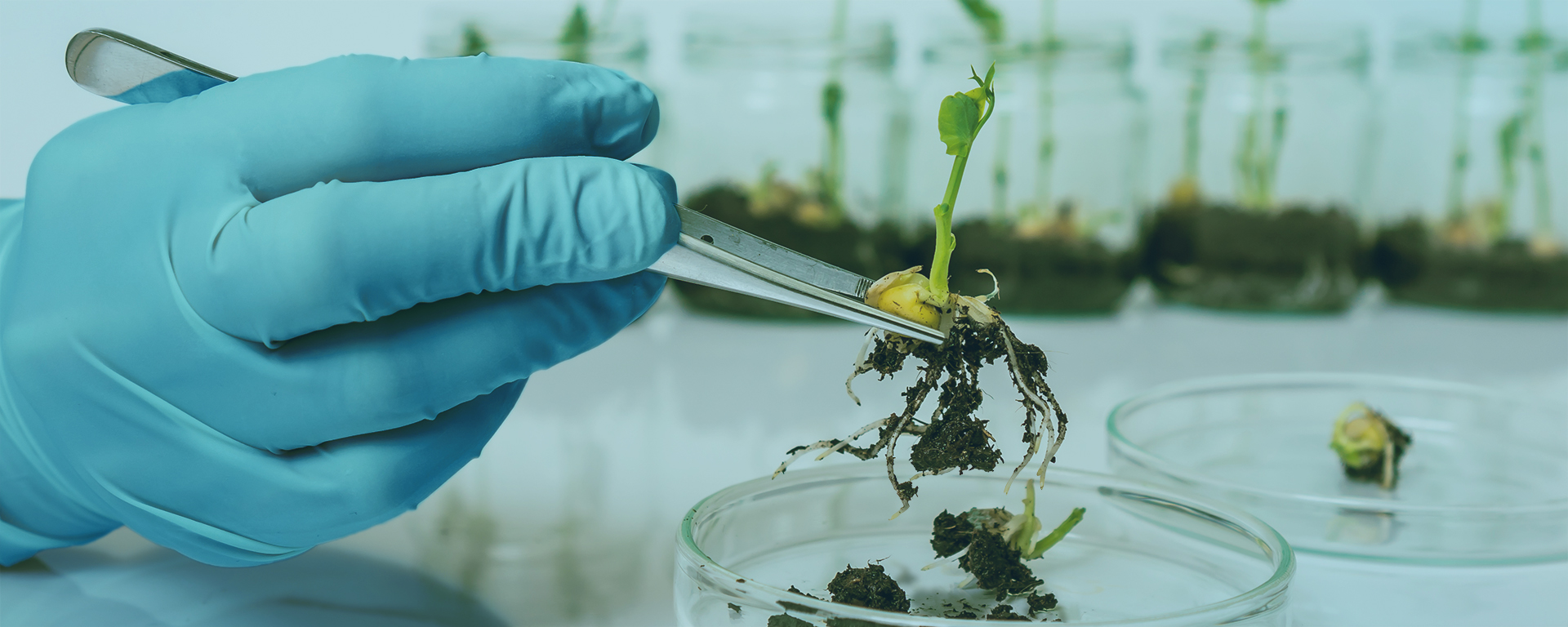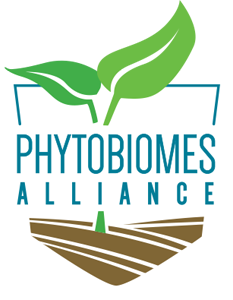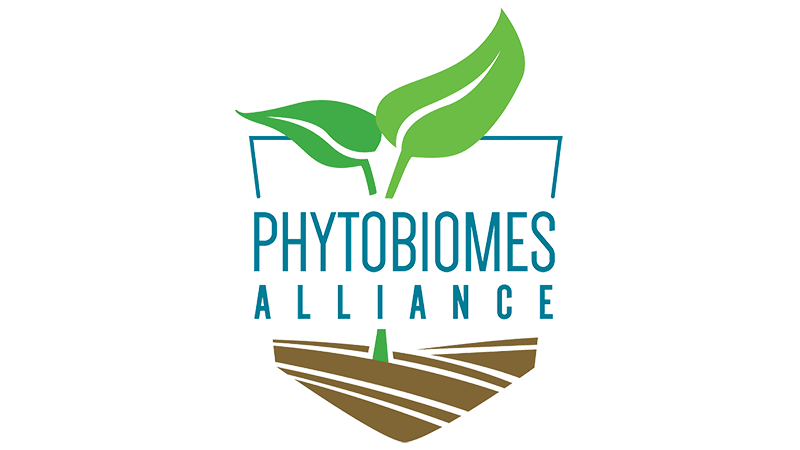
Inheritance Of Abiotic Stress Tolerance Through Seed Microbiome Modification
Project supported by the Phytobiomes Alliance
Funded by
National Institute of Food and Agriculture (NIFA)
Duration
36 months
Dates
June 2019 - May 2022
Coordinator
Matthieu Barret, INRAE
Project Overview
The ongoing and magnifying consequences of environmental change present a complex challenge for plants. One potential mechanism by which plants may promote long-term stress tolerance is through selection of beneficial members of the seed microbiome. However, the functions and persistence of many members of the seed microbiome are not known, and even less is understood about their roles in determining plant stress tolerance. In this project, we will use common bean (Phaseolus vulgaris L.) as a model to investigate changes in the seed microbiome that occur as a result of two stressors: drought and nutrient excess. We have taken an approach that leverages high-throughput sequencing (of both the microbiome and the plant epigenome) and metabolomics with controlled experiments to decipher the mechanistic relationships between the plant and its seed microbiome during stress.
Objectives
- Determine the diversity, predicted functions, and persistence of bacterial and fungal microbiota of seeds produced by plants stressed by drought and nutrient excess. We hypothesize that the microbiomes of seeds produced by stressed plants are characteristically altered from control plants and that stress conditions result in distinct functional groups of microorganisms.
- Assess the mechanistic roles of plant genetics, via changes in root exudates, and epigenetics in seed microbiome modification and inheritance during stress. We hypothesize that genotype differences in root exudates produced during stress are the primary method of differential seed microbiome assembly; and that plant epigenetic changes and seed microbiome heritability interact to contribute to plant stress tolerance.
- Quantify the responses of plants grown from stressed seeds to new stress, and their associated microbiome modifications. We hypothesize that seed microbiome inherited during stress confer a stress-specific tolerance in the next generation of plants.
Key personnel
Ashley Shade, Michigan State University, USA
Chad Niederhuth, Michigan State University, USA
Project Partners



